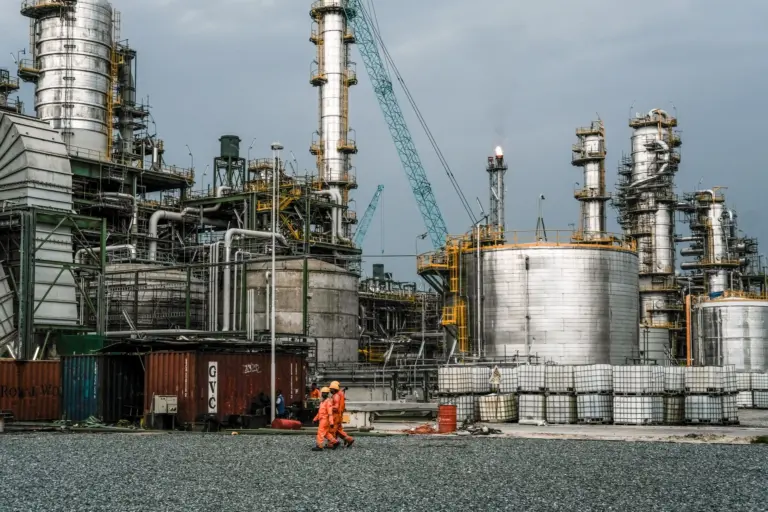Nigeria spent an astonishing ₦930 billion on fuel imports in February 2025, even with increased production from local refineries. This situation raises concerns about the country’s ongoing reliance on foreign petroleum products.
Official data indicates that oil marketers licensed by the Nigerian Midstream and Downstream Petroleum Regulatory Authority (NMDPRA) imported 701.75 million liters of petrol and 265.88 million liters of diesel just in February. This is part of a larger trend, with ₦5.5 trillion spent on fuel imports between October 2024 and January 2025.
Ogbugo Ukoha, the Executive Director of Distribution, Systems, Storage, and Retailing Infrastructure at NMDPRA, defended the continued importation. He explained that local refineries currently fulfill less than half of Nigeria’s daily fuel consumption needs. “Of the 50 million liters needed each day, less than 50 percent is provided by domestic refineries,” Ukoha stated. “The shortfall, as per the Petroleum Industry Act (PIA), must be covered by imports.”
Despite the rising refining capacity of local facilities, including the Dangote Refinery and the recently revived Port Harcourt and Warri refineries, the dependence on imported fuel persists. The Dangote Refinery alone reportedly holds over 500 million liters of petrol and N600 billion-naira worth of petroleum products in stock.
Industry experts warn that Nigeria’s ongoing fuel imports could have severe economic consequences, particularly for the stability of the naira. Business consultant Dan Kunle noted that reliance on dollar-denominated fuel imports could diminish recent improvements in foreign exchange reserves.
“Even with positive developments in local refining, structural issues such as logistics challenges, production scale-up difficulties, and supply chain inefficiencies continue to hinder the industry,” Kunle added.

